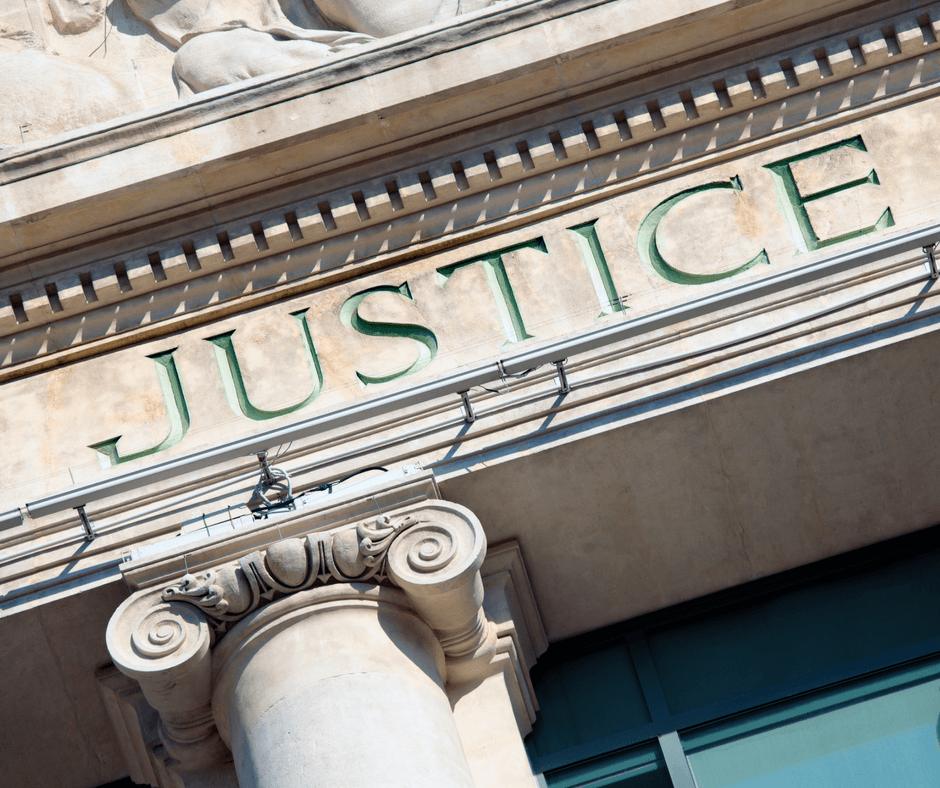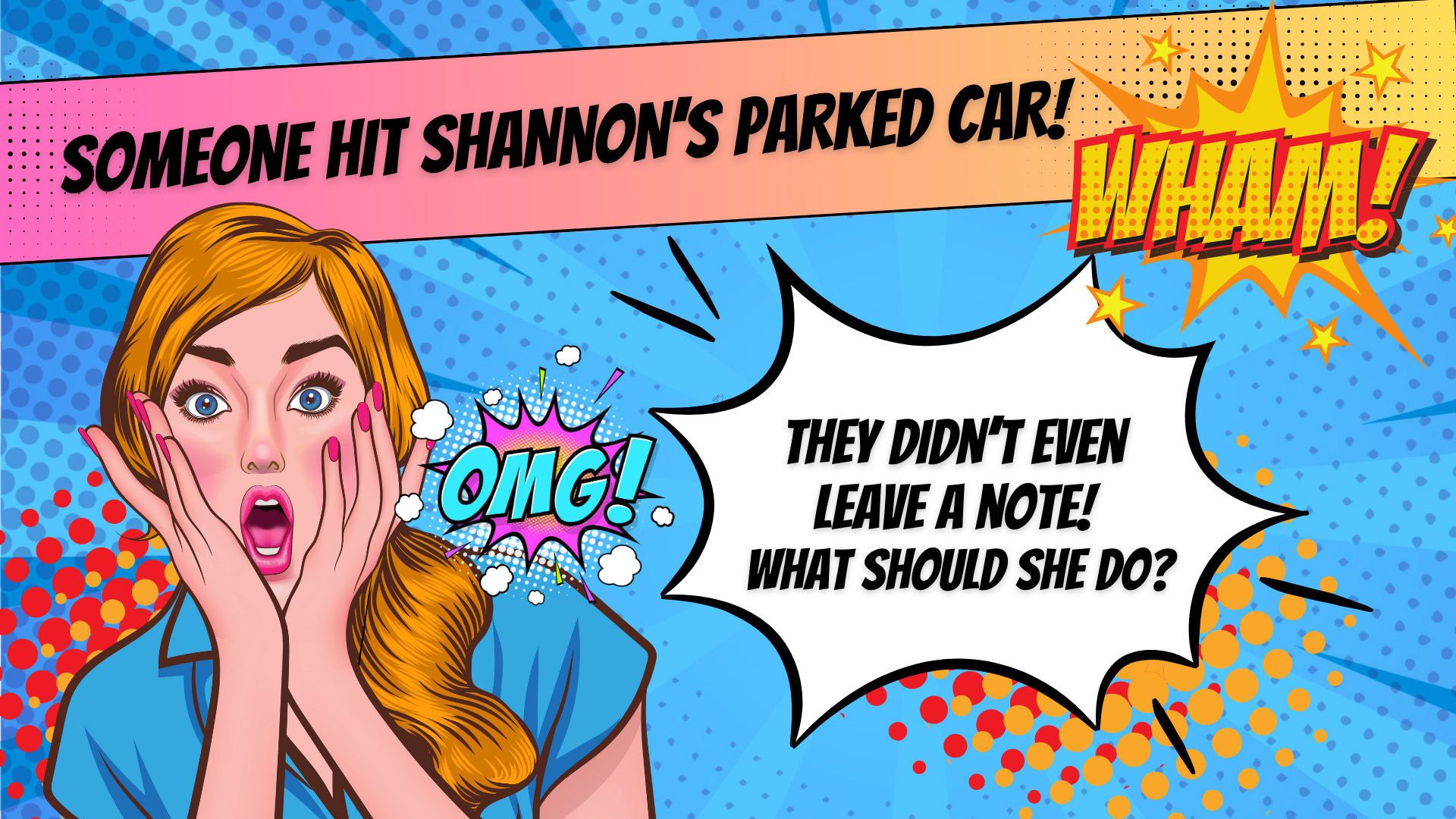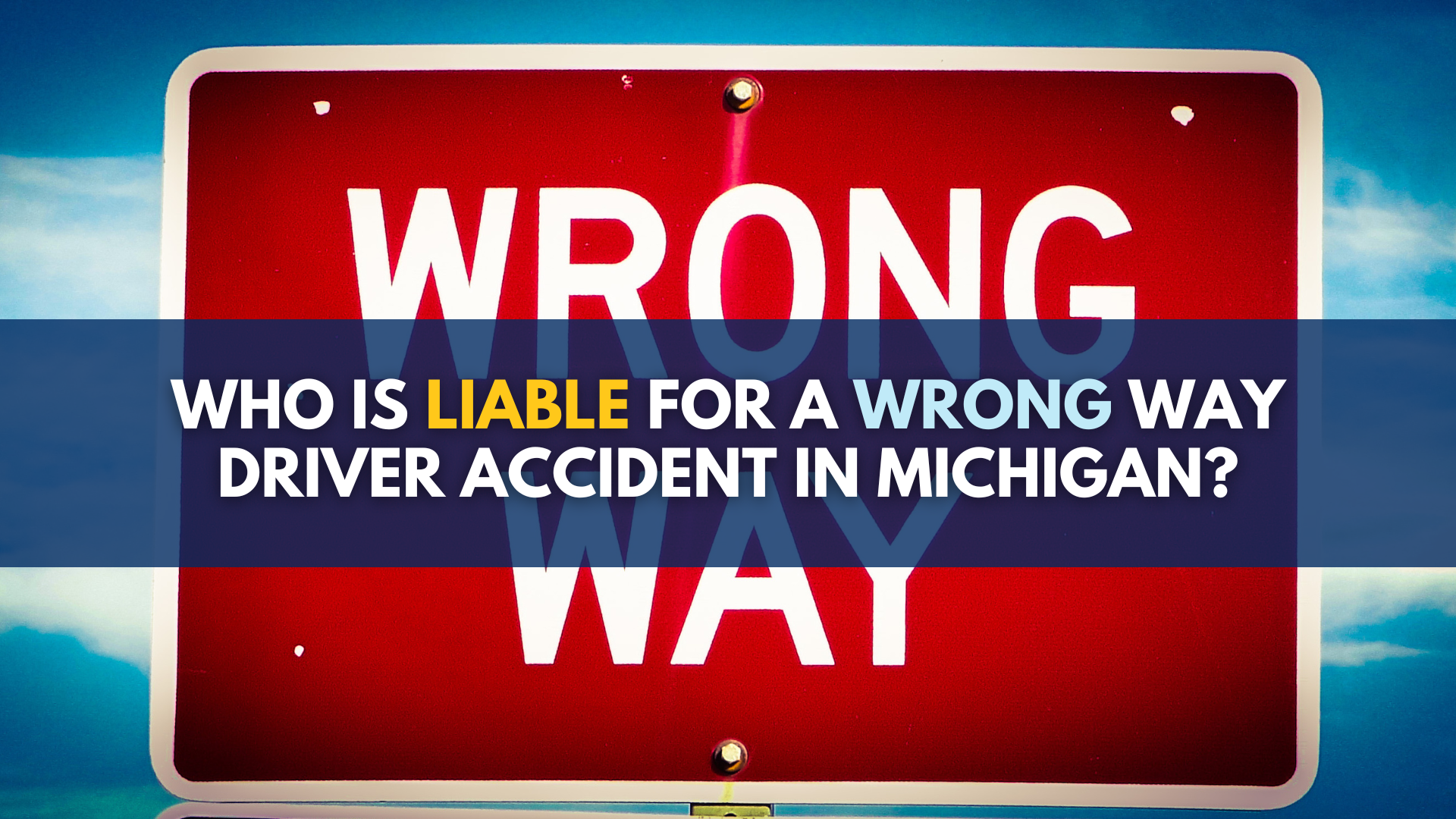Will there be – as one expert predicts – ‘a shift in blame for a crash from the at-fault driver to the automotive industry and … manufacturers and software developers who design and update [driverless] car computers’?

Driverless cars will one day do wonders to save lives.
That’s why I’ve been such an outspoken proponent of them.
The staggering safety benefits of self-driving, autonomous vehicles will likely put auto accident attorneys like me out of business someday. If that means a safer world with less senseless loss and tragedy, then the sooner that day comes the better.
But I deliberately used the word “less” in the sentence above for a reason. There will be less car accidents with automated vehicles – but there will still be accidents.
And the preparations – or rather the lack of preparations- for what happens when driverless cars do cause automobile accidents is what concerns me.
Apparently, the same can be said for University of South Carolina law professor Bryant Walker Smith, who, according to The Washington Post story, “When driverless cars crash, who gets the blame and pays the damages,” believes that:
As a result of “autonomous vehicles” and “automated driving system[s],” “there will be a shift in blame for a crash from the at-fault driver to the automotive industry and the conglomerate of manufacturers and software developers who design and update [driverless] car computers.”
Calling for liability for driverless-car manufacturers
For years, I’ve been arguing that the manufacturers of driverless cars should be held liable when the self-driving vehicles – or driverless technology – they produce are at-fault in causing car accidents that kill or injure people.
Over time, support for my position began to emerge from manufacturers such as Volvo, Tesla, Google and Mercedes.
An automotive industry insider has even gone so far as to say:
“‘If [the driverless car is] in automated mode when the accident occurs, there will be a determination of fault’ … If the automated system is at fault, its maker will be held responsible as the operator of the vehicle … ‘To the extent there is any fault on the part of the autonomous system, that liability will fall on the shoulders of the provider of the system …’”
I’ve also argued that manufacturers should be obligated to create “a general compensation fund to compensate the victims of driverless car crashes,” which could be modeled on “the Health and Human Services Department’s vaccine injury compensation fund … ”
Similarly, the group called SAFE (Securing America’s Future Energy) has called for the creation of a U.S. legal liability fund … to ease concerns over tort personal injury lawsuits that could threaten the widespread adoption of a technology that offers society such amazing benefits.
Volvo’s support for autonomous-vehicle maker liability
Significantly, the Washington Post reported:
“Volvo, one of many automakers eager to market an autonomous car, acknowledged that it expects liability will shift from the driver to the manufacturer. ‘It is really not that strange,’ Anders Karrberg, vice president of government affairs at Volvo Car Corp., told a House subcommittee earlier this month. ‘Carmakers should take liability for any system in the car. So we have declared that if there is a malfunction to the [autonomous driving] system when operating autonomously, we would take the product liability.’”
Predictions about liability in the autonomous-vehicle world of the future
The Washington Post reported that Professor Smith predicted the following about how – both now and in the future – liability for the injuries and/or deaths caused by at-fault driverless cars will be determined:
- “There will be a shift from driver liability to product liability, making the automotive industry the primary liability stakeholders.”
- “When manufacturers imply their automated systems are at least as safe as a human driver, they may face a misrepresentation suit in cases that contradict that expectation.”
- “The argument that an automated system performed unreliably will be central to personal-injury claims.”
- “A key question in litigation will be whether a human driver or a comparable automated system would have performed better than the automated system in question.”
- “Another key question: Could a reasonable change in a vehicle’s automated system have prevented the crash?”
- “There could be a higher standard for automated vehicles. Smith cites a hypothetical case in which two cars collide at an intersection. One of the cars ran a stop sign, but it might be argued that systems in the other car should have recognized that the first car was going so fast that it would not stop at the sign. So, should that car share blame for the crash?”
- “In the shift from driver liability to product liability, plaintiffs would pursue significant injury claims and usually recover less, but if they prevail, they would receive higher damages. That’s largely because an unprecedented level of data on the cause of the crash will be stored in the vehicles’ computers, virtually replacing the post-crash investigation by a police officer who didn’t witness the incident.”


